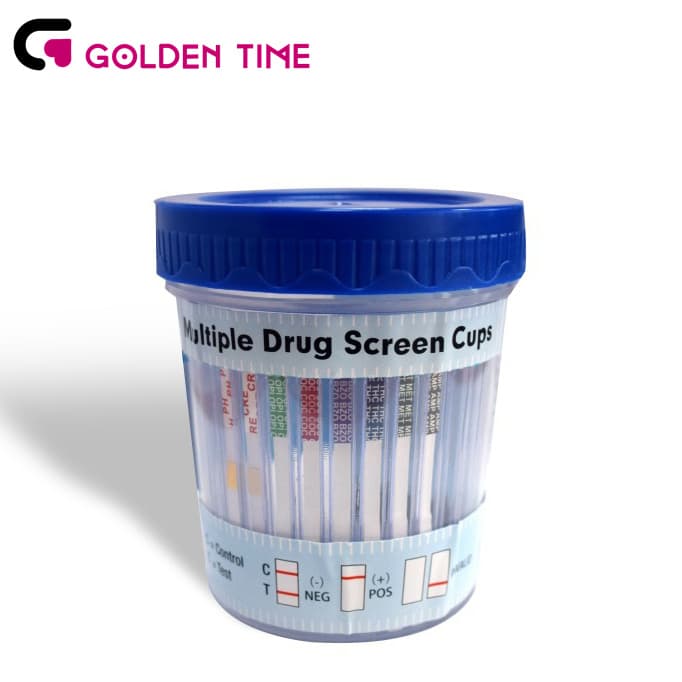Dec . 01, 2024 12:22 Back to list
Understanding Hepatitis C Test Manufacturers and Their Role in Diagnosis
Understanding Hepatitis C Testing The Importance of Manufacturer Quality
Hepatitis C is a viral infection that primarily affects the liver and can lead to severe health conditions, including chronic liver disease, cirrhosis, and liver cancer. With millions affected globally, timely diagnosis and treatment are essential. As such, the testing methods utilized play a crucial role in controlling the spread of the virus and improving patient outcomes. This article delves into the significance of testing for Hepatitis C, the various types of tests available, and the importance of manufacturer quality in this life-saving process.
The Necessity of Hepatitis C Testing
Hepatitis C testing is vital for several reasons. Firstly, many individuals infected with the virus are asymptomatic, which means they may not know they are infected until significant damage has occurred to their liver. Routine testing can help in identifying those at risk and facilitating early intervention. Additionally, testing is critical for individuals who engage in behaviors that increase their risk, such as intravenous drug use, unprotected sex with multiple partners, or those who have received blood transfusions before 1992.
Types of Hepatitis C Tests
There are primarily two types of tests used in the diagnosis of Hepatitis C serological tests and polymerase chain reaction (PCR) tests.
1. Serological Tests These tests detect antibodies to the Hepatitis C virus (anti-HCV) in the blood. They are typically the first step in diagnosing Hepatitis C. If the serological test is positive, it indicates that the person may have been exposed to the virus at some point. However, it does not determine whether the infection is current, resolving, or chronic.
2. PCR Tests If the serological test returns positive, further testing using PCR is conducted to measure the actual amount of the virus (viral load) in the blood. This test helps in establishing whether the infection is active and assesses the liver’s health by providing insights into the viral replication.
hepatitis c test s manufacturer

The Role of Manufacturers in Hepatitis C Testing
The reliability and accuracy of Hepatitis C testing depend significantly on the manufacturers of these diagnostic tools. As the demand for Hepatitis C testing grows, so does the need for high-quality, reliable, and efficient testing methods. Manufacturers are responsible for ensuring that their tests meet stringent regulatory standards and undergo rigorous validation processes to provide accurate results.
1. Regulatory Standards Reputable manufacturers comply with international and national regulatory bodies' guidelines, such as the U.S. Food and Drug Administration (FDA) and the European Medicines Agency (EMA). These organizations require evidence of a test’s sensitivity and specificity, which are critical to ensure that false-positive or false-negative results are minimized.
2. R&D Investment Manufacturers focused on research and development continuously improve testing methods. This includes advancements in technology that enable quicker turnaround times, higher accuracy, and the ability to conduct point-of-care tests, which are crucial in resource-limited settings where access to laboratory facilities may be limited.
3. Quality Assurance Programs Quality assurance is an ongoing process for reputable manufacturers. They typically implement stringent quality control measures throughout the production process to maintain the integrity of their testing kits. This involves regular reviews and updates based on the latest research findings and feedback from healthcare professionals using their products.
Conclusion
The battle against Hepatitis C hinges on timely and accurate testing, underscoring the critical role played by manufacturers in this arena. The combination of effective serological and PCR tests, supported by high manufacturing standards and quality control, ensures that individuals receive accurate diagnoses and appropriate treatment plans. As advancements in testing technology continue to evolve, the hope is that more individuals will be diagnosed earlier, leading to better health outcomes and a reduced burden of this infectious disease globally. The importance of choosing tests from reliable manufacturers cannot be overstated, as it directly affects the effectiveness of public health strategies against Hepatitis C.
-
Accurate Cardiac Marker CK-MB Rapid Test for Quick Results
NewsAug.10,2025
-
Premium Empty ABS Plastic Cassette for Test Strips
NewsAug.09,2025
-
Sterile Urine Cup: Accurate Specimen Collection for Labs & Home
NewsAug.08,2025
-
Malaria Pf/Pan Ag Rapid Test Kit for Fast, Accurate Diagnosis
NewsAug.07,2025
-
Rapid Canine Corona Test: Fast & Accurate Results
NewsAug.06,2025
-
Rapid BZO Test Kit - Fast & Accurate Benzodiazepines Detection
NewsAug.04,2025

